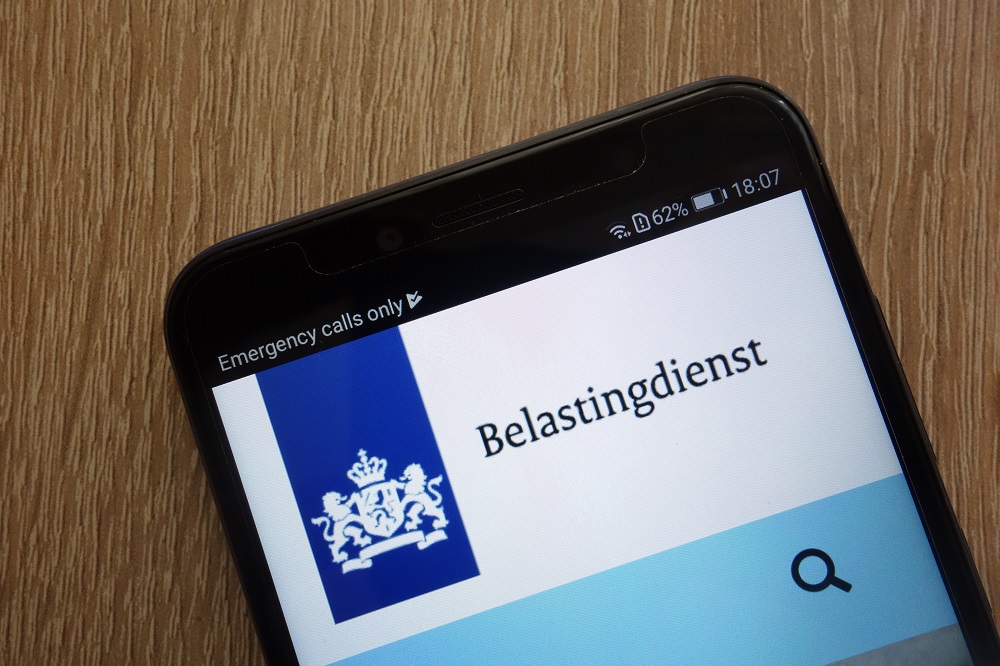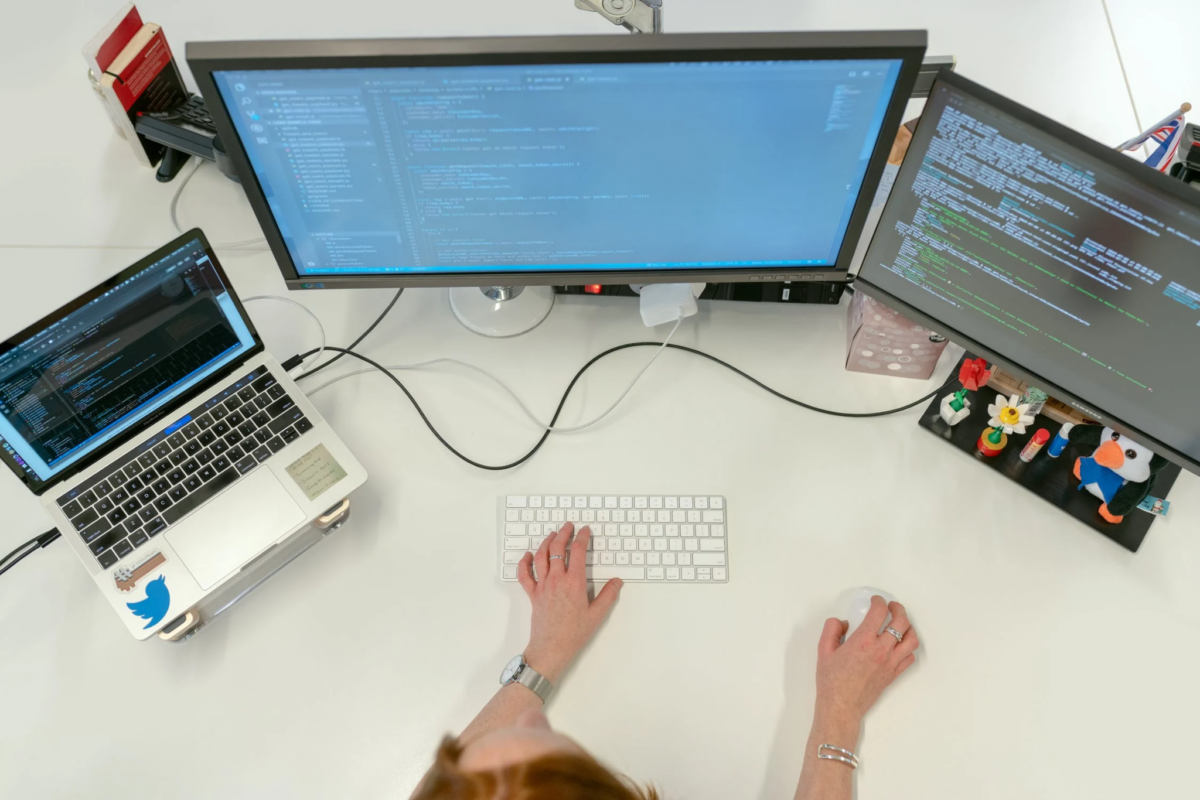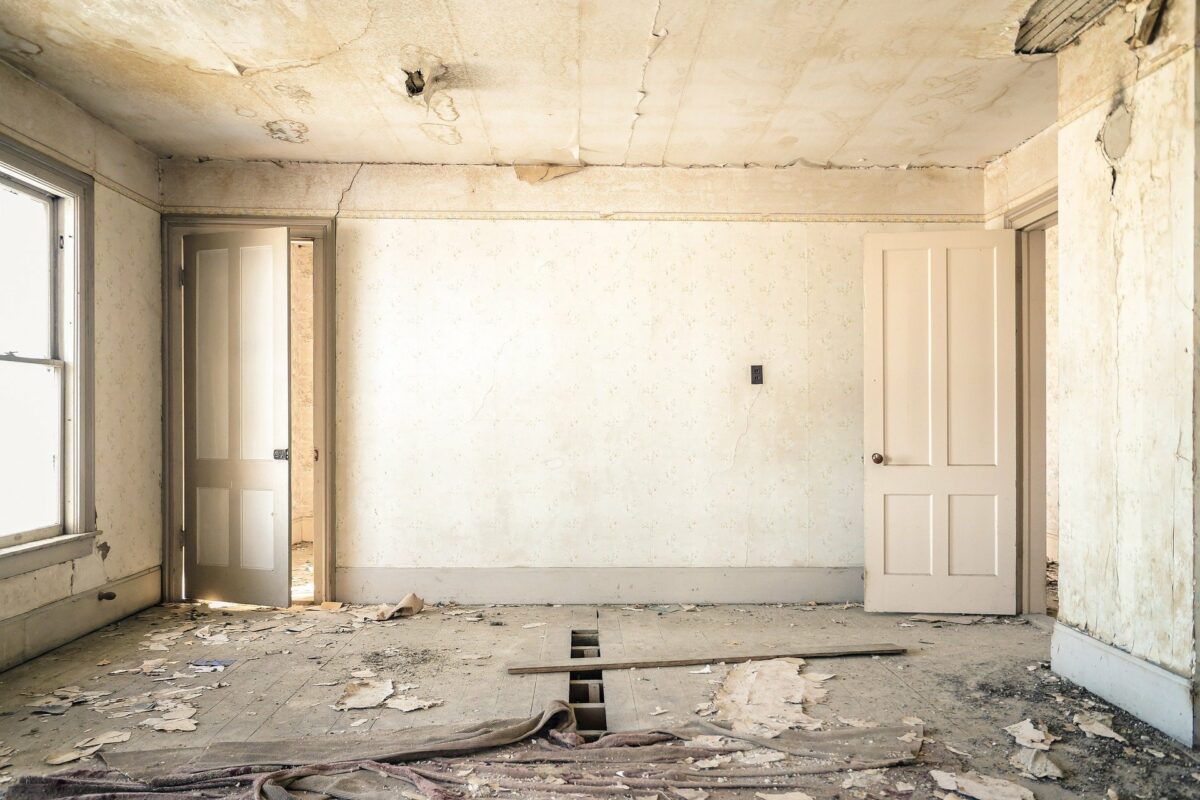There are many misconceptions about Dutch healthcare amongst the expat community in the Netherlands. Dutch medical specialists in particular are something of a question mark. Sickness is scary enough. When you have expectations about the care you require, and these are not met, your fears can grow stronger. This page aims to shed light on specialist treatment in NL. Read on to find out exactly what to expect at each stage of your care.
For more information on this subject, take a look at our page on ‘visiting a Dutch Medical Specialist’.
Expat Insecurities
Many expats suffer from insecurities about Dutch Healthcare services. Usually, this is because:
- Being ill, and trusting the treatment you receive, can be frightening wherever you are in the world
- When you are relying on the healthcare system of a new country, it is easy to feel even more vulnerable and insecure
- When we are sick and in need of medical attention, we become more sensitive to cultural differences
- In your home country, you know roughly what to expect. If you are treated differently in the Netherlands, the warning lights might on!
Dutch Healthcare is Excellent
Some statistics might put your mind at ease:
- Rest assured that the Netherlands has top-quality healthcare services
- There are numerous studies that can prove this
- The ‘Healthcare Access and Quality Index‘ is a reliable source
- They have carried out research into mortalities that result from causes amenable to healthcare, worldwide
- In other words, they look into deaths that occur from illnesses that should be avoidable or curable through medical care
- The Netherlands is ranked as one of the top-10 safest countries to live in, according to this research
Getting a Referral in NL
In the Netherlands, you cannot typically walk into a specialist’s clinic and book yourself an appointment. There are some initial steps you must take. Here’s what to expect:
- If you have a medical issue that you believe might require further investigation, the first person you must contact is your GP
- A Dutch Doctor is called a ‘huisarts’
- He or she should be your first port of call when you need to use the Dutch medical system
- In the Netherlands, you need a referral from your doctor, in order to get an appointment to see a specialist
- The Dutch word for referral is: ‘verwijsbrief’
Expectations of Dutch Doctors
Having to go through this protocol can make expats feel as if they are having to argue their case, or prove that they need specialist treatment. Sometimes this is true! However, rest assured that this does not mean your Dutch doctor is incompetent. It is simply a cultural difference. Here are some tips about how to handle a visit to the doctor in NL, and receive the treatment you desire:
Stand your Ground
- Dutch doctors are highly qualified, and will be able to see if you are urgently in need of specialist treatment
- If they seem resistant, try to trust your instincts and stick to your guns
- If necessary, explain what kind of treatment you are used to receiving in your home country
- Most Dutch GPs will be understanding and accommodating of this
- If they are not, there are plenty more doctors in Holland for you to try
- As in any other country, you should have a relationship of trust with the person who is treating you
- So, if your doctor does not respect your concerns, consult another one
Your referral Notice
Once your doctor has agreed to get you an appointment with a specialist, you can expect to be given a referral:
- Your GP will write you a referral notice
- He or she will usually note the phone number of the nearest hospital on it
- You do not have to go to this hospital
- You are free to choose the specialist you want to see
- If you pick your own specialist you must have a specific type of Dutch insurance. Read about this in our side note box below
 Side Note
Side Note
Types of Dutch Insurance
You can take out two types of insurance in the Netherlands:
- ‘Restitutie’ insurance, or ‘restitution insurance’
- If you have this kind of insurance, you must pay your medical bills yourself
- Then, your insurance company will reimburse you
- ‘Natura insurance‘, which is sometimes called ‘contracted care’
- Having this kind of insurance means that your insurance company will pay your bills on your behalf
- They will, however, only do this if they have entered into a contract with the healthcare provider from whom you receive treatment
- This allows them to create custom exclusively for their own clients
Picking your Policy
Which type of Dutch insurance is right for you?
- Having a natura insurance policy is cheaper than having a restitutie policy in the Netherlands
- However, if you have a natura policy there is a risk that your insurance company will not pay your medical bills, or only cover a portion of them
- You are always free to choose your own GP in Holland. Yet, if they do not have a contract with your insurance company, the expenses will not be covered
- Generally speaking, straightforward medical care expenses will usually be financed by whichever type of insurance you have
- It tends to be alternative therapy treatments that are sometimes not funded by insurers
- If you wish to receive alternative therapy, it is advisable to ask whether a contract exists between your insurance company and your care provider
- You may need to take out additional insurance, if there is no connection between them
Booking the Appointment in NL
Here is what you can anticipate when it comes to booking your appointment:
- In the Netherlands, most specialists work from an out-patient clinic within a hospital
- Only a few have their own clinic or practice, located on its own premises
- When you know which specialist you wish to see, call the hospital and select a convenient date for your appointment
- If you selected a specialist through your doctor’s office, they may have already forwarded your referral notice to the hospital. In this case, the hospital will be expecting your call
- Whether or not you will have a long wait time before you can see the specialist depends on the nature of your problem and the specialist you choose
- The urgency of your condition should be a key factor when you are picking a specialist. If possible, do not join a long waiting list if you require urgent treatment!
On the Day of your Appointment
The day of your appointment should go as follows:
- Try to arrive at the hospital approximately fifteen minutes early
- This gives you time to register at the administration desk
- Staff will ask for your full name, date of birth, address, insurance company name and the name of your GP
- This information will be entered into their system and used to print out labels and documents for further tests, if necessary
- Some hospitals will issue you a credit-card sized ‘ponsplaatje’, or ‘electronische patiëntenpas’
- These are cards that list your personal information
- You must always bring your card with you when you visit the hospital
- Some Dutch hospitals no longer use them, so do not worry if you don’t receive one
The Outpatient Clinic
- After you have registered, the staff at the administration desk will direct you to the correct outpatient clinic
- This will be called the ‘polikliniek’, or simply the ‘poli’, in Dutch
- Once you have found it, inform the receptionist of your arrival
- He or she will place your paperwork where the specialist can find it
- Usually, you will not have to wait more than 15 minutes to see the specialist
- When your turn comes, you will usually be called in by a nurse
- He or she will ask you a few questions and carry out some initial tests
- Then, you will finally meet your specialist!
Meeting your Specialist
- Be aware that the person you see at your very first appointment may be an assistant specialist. They could be in-training, or just working as an assistant within the practice
- Usually, you will not be able to tell, so don’t feel rude about asking
- As the patient, it is completely reasonable to want to know with whom you are speaking, and what their level of expertise is
- You will discuss your problems, symptoms and concerns with the specialist
Preventative Healthcare in NL
There are some expat misconceptions about Holland’s attitude towards preventative healthcare too. Let’s dispel the myths:
- Dutch doctors are not renowned as advocates of preventive healthcare
- Neither do they tend to hand out prescriptions flippantly
- Dutch Medical specialists are very different
- They are huge proponents of preventive healthcare
- In fact, a Dutch specialist is likely to praise you for being proactive by getting your appointment to see them
- They will probably encourage you to contact them whenever you have any additional questions
Prescriptions from Specialists in NL
- What’s more, if a Dutch specialist decides that you require medication, their main concern will be finding the right type for you
- They will typically try to select medicine that has least amount of side effects, while still achieving the desired results
- To this end, they will go over your health history with you
- They will want to know all about your family background, your lifestyle, etc
- For follow-up appointments, even unscheduled ones, you generally do not need another referral notice
Googling Symptoms in NL
We’ve all done it. We sit and mull over our curious symptoms and then, before we know it, we’ve asked google for a diagnosis. Sometimes it’s a help, sometimes it’s a hindrance. It can abate our fears, or frighten and confuse us even more!
This is another practice, about which Dutch Doctors have mixed views:
Older Dutch Doctors
- Generally speaking, the older generation of doctors in the Netherlands can be taken aback by their patients’ reliance on Google: they thought they were the gurus!
- Don’t let this stop you from asking questions about the information you have found online, so long as it is relevant
Younger Dutch Doctors
- Usually, the younger generation of Dutch medics will expect you to have done some of your own research
- They will be happy to discuss any additional questions your search has triggered
- This is another instance in which the issue of trust becomes pertinent
- If you feel that you are not being taken seriously, or that your specialist is not really considering all the possible diagnoses, you do not have to settle
- Get an appointment with another doctor, if only for a second opinion
Aftercare Expectations
Here’s what will happen after your initial appointment:
- If your specialist feels that you need to see another specialist, they will send you straight to the reception of the out-patient clinic to make an appointment
- You will not need a new referral notice for this – even if you need to visit a different hospital
- If your specialist thinks you need to have any blood tests, you will be sent straight to the in-hospital laboratory
- If you need an operation, you will be sent to the hospital reception desk
- Here, you will be asked to fill out a lengthy form on your health and medical history
- You will also make an appointment for your operation
- Of course, every operation is different. Therefore, how things go from here, will depend on your personal situation
 Useful links
Useful links
- Ministerie van Gezondheid Welzijn en Sport: Ministry of Health, Welfare and Sports in NL
- The Access Guide to Health Care in the Netherlands
- Christine Houser: Expat Medical Advisor
- Nederlandse Vereniging van Klassiek Homeopathen: Dutch Association for Classic Homeopathy

The Holland Handbook 2024
It is that time of year again; the new and annually-updated version of The ...

Dutch Taxes
Taxes are always complicated. If you have moved to the Netherlands from another country they ...

The UnDutchables 9.0
Following the legendary previous eight editions of The UnDutchables, the 9th edition of this all ...

Making the most of your Dutch home
Whether you are renting, staying in a long-term AirBNB or have just bought a ...

Gift giving in the Netherlands-all ...
If you feel like skipping your birthday, you may be in for a challenge when ...

10 things you will find in every Du ...
The Dutch are very fond of houseplants, the more the merrier! You will find the ...

Obtaining a Mortgage as an Expat in ...
Obtaining a mortgage as an expat in the Netherlands can be a complex process, as ...

Help me move to the Netherlands!
Obviously, the decision to move to the Netherlands is not one to be taken lightly ...

The Impact of Technology on Educati ...
Education is unending and pivotal in society. Technology is one of the most dynamic entities ...

Five Renovation Tips to Increase yo ...
Learn how much home renovations cost – and which repairs increase the home value, and which ...